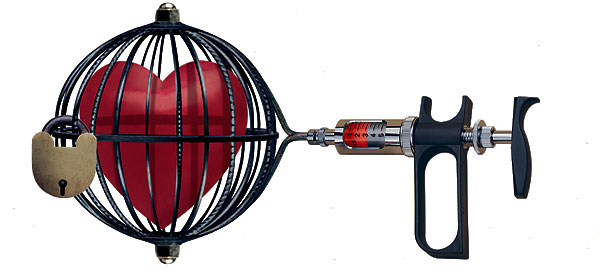(Bio)technologies, human identity, and the Medical Humanities
Introducing two journal special issues and a conference Written by Alberto Giubilini Two special issues of the journals Bioethics and Monash Bioethics Review will be devoted to, respectively, “New (Bio)technology and Human Identity” and “Medical Humanities in the 21st Century” (academic readers, please consider submitting an article). Here I would like to briefly explain why… Read More »(Bio)technologies, human identity, and the Medical Humanities


